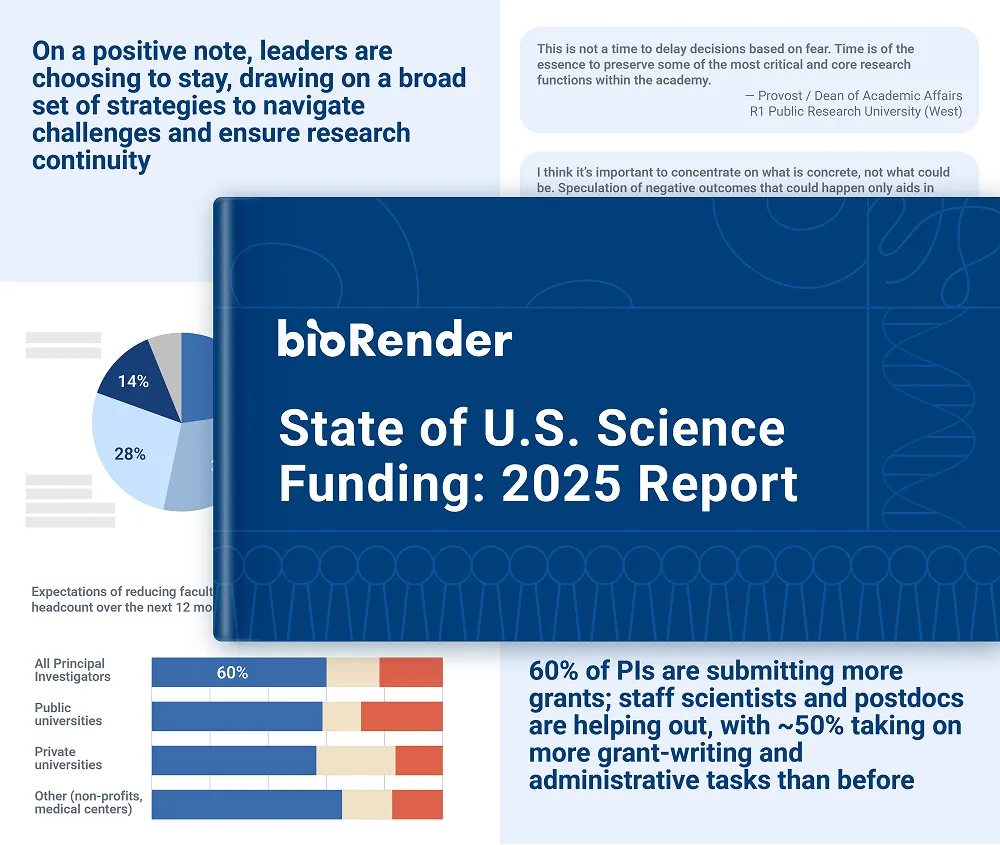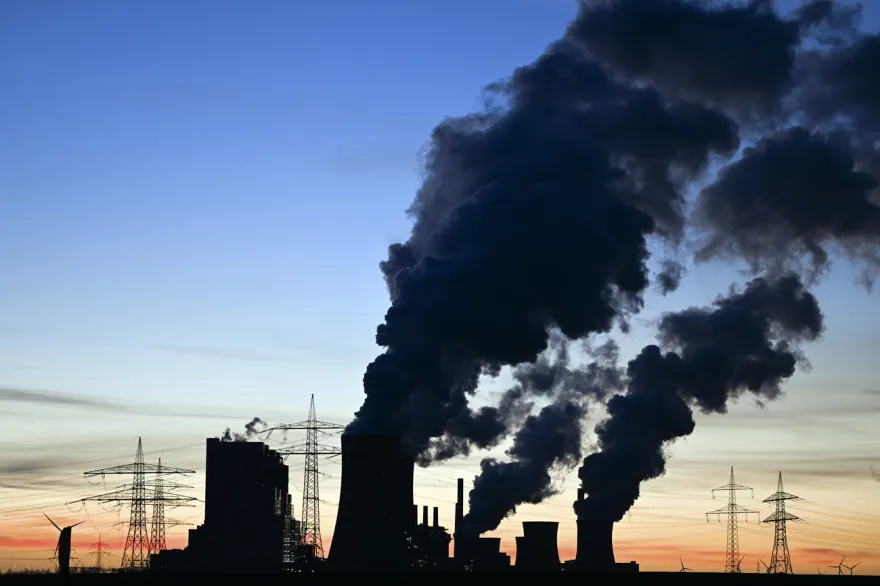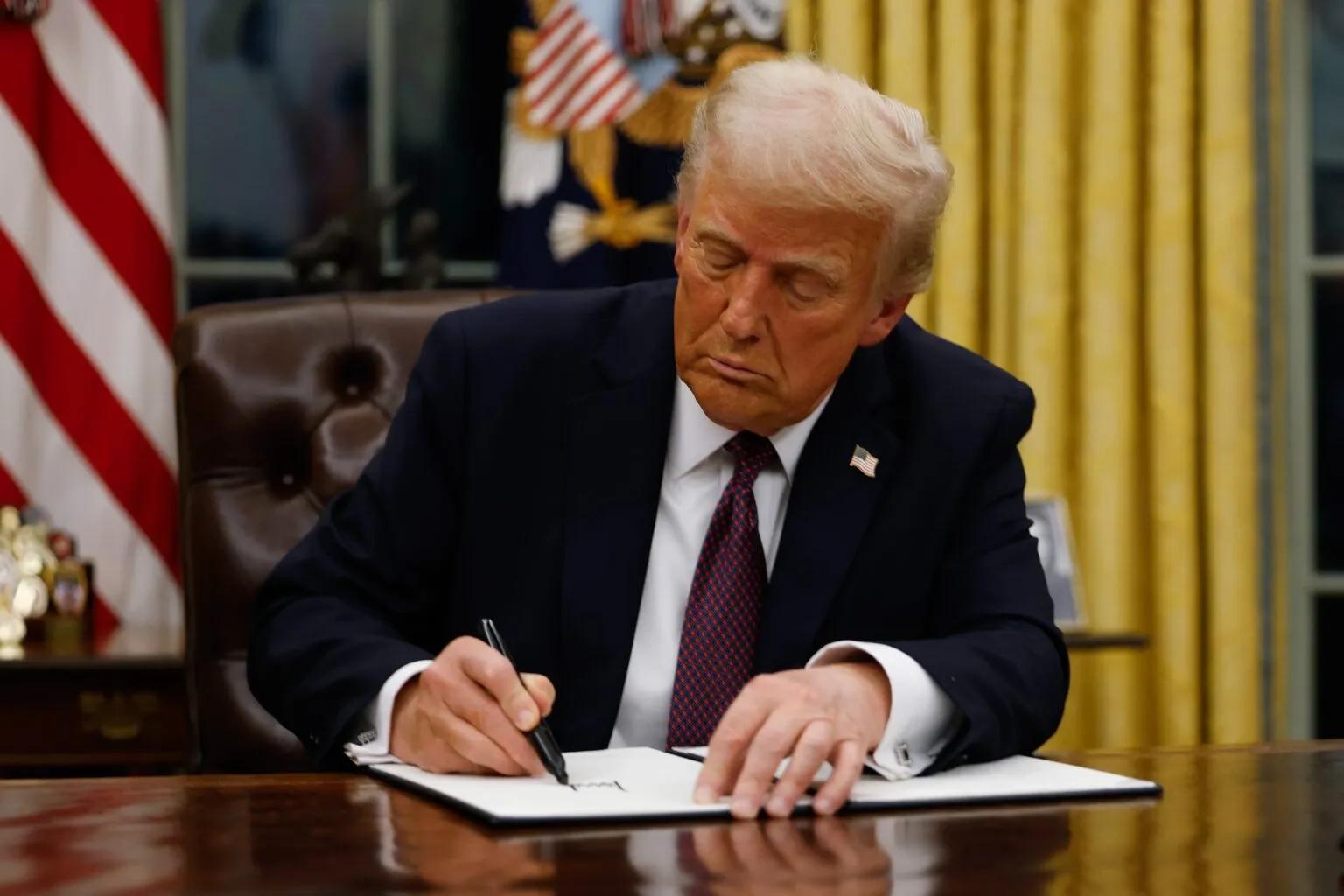
NASA, the Environmental Protection Agency, and the National Oceanic and Atmospheric Administration say that a series of budget standoffs and short-term funding measures in Washington have pushed back long-term staffing pipelines, satellite missions, and research projects. Even though Congress hasn't made any major budget cuts, months of sporadic funding have caused important scientific work to stop at some agencies, contracts to be put on hold, and jobs to be lost.
Federal officials say that using too many short-term continuing resolutions has made it harder to run scientific programs that last longer than a year. These resolutions won't last long. NASA's mission teams say that delays in contractor financing have pushed back the building of early-stage technology, climate-monitoring equipment, and Earth-watching satellites. During times when budgets were uncertain, hiring freezes made it hard for EPA regional offices to keep doing their regular inspections and data collection.
Senior officials at NASA have said in public that the lack of federal funding has affected everything from making models for wildfire research to calibrating weather satellites. Departments can't make long-term investments until Congress finishes its appropriations. This means that regular planning meetings and system updates have been put off.
“It’s nearly impossible to run multi-year scientific work on month-to-month budgets,” said Dr. Gavin Schmidt, director of NASA’s Goddard Institute for Space Studies, in comments reported by Nature. “Science doesn’t stop and start on the federal calendar.”,
In early 2024, EPA officials told that some air quality monitoring equipment wasn't working as well as it could because they didn't have enough staff. They also said that environmental investigations have taken longer because there aren't enough people in some regional offices. The Government Accountability Office (GAO) said in 2024 that NOAA's severe-weather forecasting teams were too busy during hurricane season because they didn't have enough meteorologists.
Politicians from both parties are still pointing fingers at each other behind the scenes for the deadlock. Republicans want to cut spending even more, while Democrats want to give more money to projects that deal with climate change and the environment. Congress has often passed temporary extensions to keep the government from shutting down. But experts say that this need for quick fixes has become a problem in and of itself.
NASA, EPA, and NOAA leaders say they are doing everything they can to keep things running smoothly and focus on mission-critical tasks and weather-alert systems. Experts say that planning, stability, and the ability to keep specialized staff—whose skills can take years to learn—are just as important to scientific work as money.

Scientists Warn That Federal Hiring Freezes Could Slow Climate and Weather Research
Federal scientists say that teams that keep an eye on storms, air quality, and climate-related risks are being stretched because key environmental agencies can't hire new specialists to replace those who leave because of budget problems that make it hard to hire new people. NOAA officials told Reuters that recent forecasting centers have been short-staffed during recent severe weather events, which has meant longer hours and emergency worker shifts.
Politico got its hands on an internal memo that says EPA regional offices have also said that toxic-chemical inspections are taking longer because they don't have enough staff. NASA's Earth Science division has had to put off work on a number of satellite-data programs because of delays in contracts caused by temporary funding bills.
Experts say that federal science agencies need steady funding to keep environmental sensors working, help state emergency systems, and make sure that climate-related disasters get worse.

Skenes and Skubal Win Cy Young Awards as Future Uncertainty Grows
NOVEMBER 12, 2025

U.S News

Climate Tech and Geoengineering Face Growing Two-party Backlash
Because lawmakers want more oversight and public responsibility, new climate solutions like carbon removal, solar geoengineering, and atmospheric interventions are facing opposition from both parties.
U.S News BY NOVEMBER 5, 2025

U.S. Executive Orders Signal Sharp Shift in Environment and Trade Policy
Recent White House actions highlight a tougher stance on China, minerals, and emissions regulation as policymakers reevaluate U.S. economic dependencies.
U.S News BY NOVEMBER 1, 2025

Trump Criticizes Mamdani and Signals Support for Cuomo in Heated NYC Mayoral Race
Trump backs Cuomo and says that if Mamdani wins, he will stop giving money to the federal government. Mamdani calls the threat a tool of politics. Experts say that Trump's involvement could make things worse and make it harder for New Yorkers to get the help they need.
U.S News BY NOVEMBER 4, 2025







